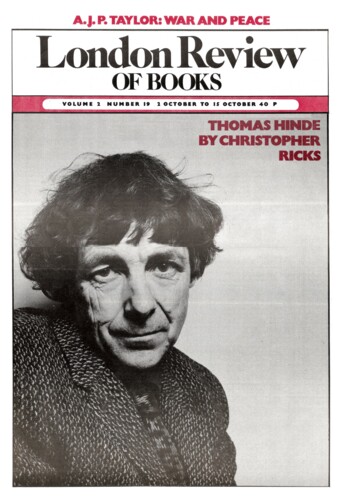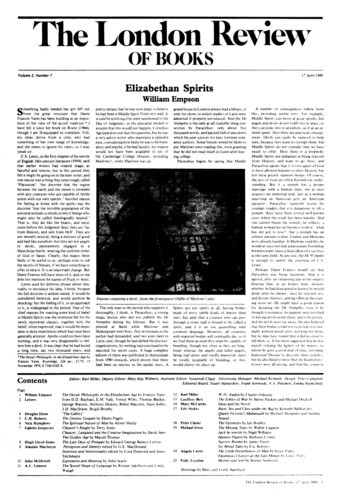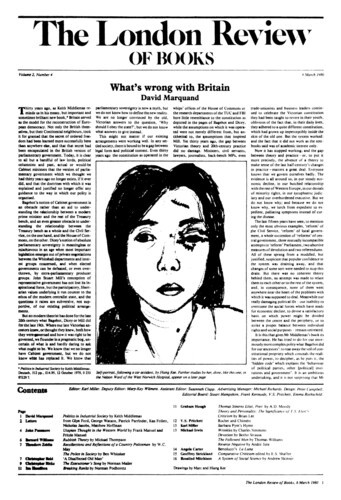Colette
Angela Carter, 2 October 1980
Colette is possibly the only well-known woman writer of modren times who is universally referred to simply by her surname, tout court. Woolf hasn’t made it, even after all these years; Rhys without the Jean is incognito; Nin without the Anais looks like a typo. Colette, Madame Colette, remains, in this as much else, unique.



